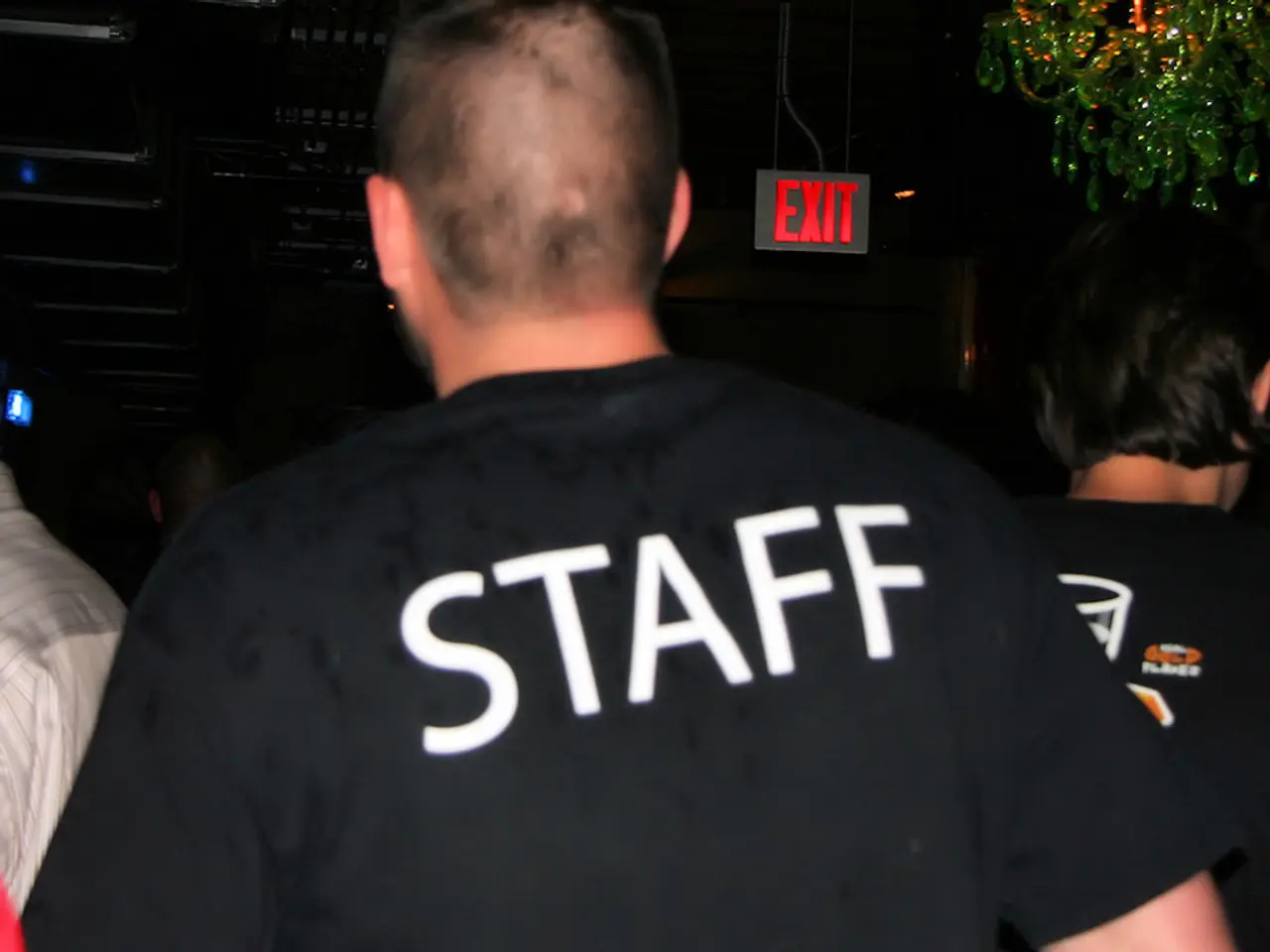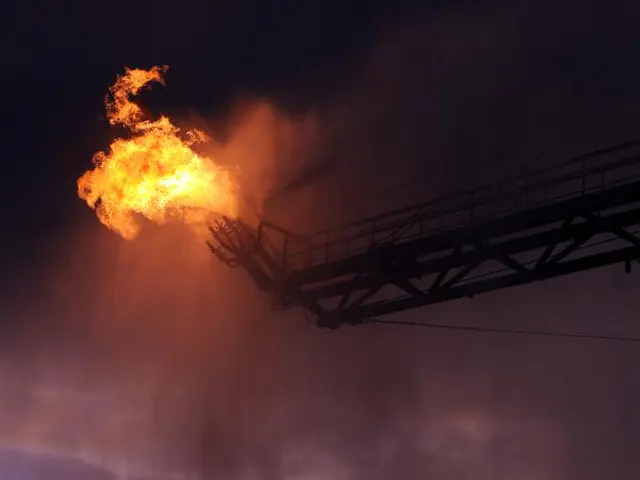Mystery Unraveled: The Unsolved Enigma Surrounding Jimmy Hoffa's Disappearance
In the chilly autumn of 1975, investigators scoured the grounds of the Raleigh House in Detroit, interviewing employees and searching for evidence, but found nothing. This was just one of many attempts to solve the baffling disappearance of Jimmy Hoffa, a towering figure in the world of trade unionism.
Born on Valentine's Day in 1913 in Detroit, Hoffa showed leadership potential early on. He rose through the ranks of Teamsters Local 299, demonstrating his organisational skills during a wildcat strike that eventually led to his hiring as an organizer.
Over his career, Hoffa became the most recognizable public face and a fiery advocate for trade unionism. However, his ties with organized crime figures were well-documented and publicized, casting a shadow over his legacy.
The Raleigh House, a restaurant in Detroit, was pointed out as a possible location where Hoffa's body might have been disposed of. The restaurant used an industrial trash compactor, which was regularly emptied by a waste management company with ties to organized crime.
One of the most infamous theories about Hoffa's disappearance emerged from Frank "The Irishman" Sheeran, a mafia hitman. He claimed that he killed Hoffa on orders from the boss of the Philadelphia mob, Russell Bufalino. Richard Kuklinski, another mob hitman, supported this claim, stating that Hoffa was stabbed in the head with a hunting knife, his body was placed in the boot of Kuklinski's car, and crushed in a scrap metal press in a junkyard.
However, no evidence was found that supported these claims, leading investigators to disregard them as fabricated. Other theories have surfaced over the years, including one that Hoffa's body was ground up at an ironworks, placed into a steel drum, and shipped to the alligator-infested waters of the Florida Everglades. Another theory suggested that his body was cremated in a trash incinerator in the Detroit suburbs.
Despite numerous investigations and searches over the past 50 years, Jimmy Hoffa's body has never been found, and the truth about what happened to him remains a mystery. The FBI Detroit Field Office continues to encourage anyone with credible information to come forward, maintaining the investigation as active but without any breakthroughs.
According to the official F.B.I. report on the Jimmy Hoffa case, a plan was conceived in New Jersey by Teamsters with ties to the Mafia to stage a hit on Hoffa in Detroit out of fear of his possible return to power in the Teamsters. However, the report does not provide any details about the method used.
As of mid-2025, the search for Jimmy Hoffa’s body remains unresolved. The FBI has conducted multiple searches in Michigan, focusing on locations connected with organized crime and tips from informants, but no evidence of the body has been found. Recent theories and investigations suggest Hoffa was likely murdered by mob associates linked to the Tocco-Zerilli crime family after being kidnapped from a restaurant in Bloomfield Township. However, none of these theories have led to physical evidence.
The investigation remains open and ongoing primarily as a missing persons case involving suspected organized crime, with the FBI actively soliciting new information from the public and continuing law enforcement efforts as credible leads emerge. Despite the passage of five decades, the search and investigation persist with law enforcement still following new leads and promising tips.
- The controversy surrounding Jimmy Hoffa's disappearance reaches beyond the realm of crime and justice, extending into the spheres of history, politics, and general news, as his ties with organized crime figures and the theories revolving around his disappearance have become significant topics of discussion.
- Hoffa's impact on culture is undeniable, with his influence on trade unionism and popular narratives about union leadership, as well as the intrigue surrounding his mysterious disappearance, leaving a lasting impression on the general public.
- The investigation into Hoffa's disappearance can be seen as a crucial part of Detroit's history, as the city has been a central location in many theories and searches related to the case, often linking key figures in the city's criminal underworld with the disappearance.








